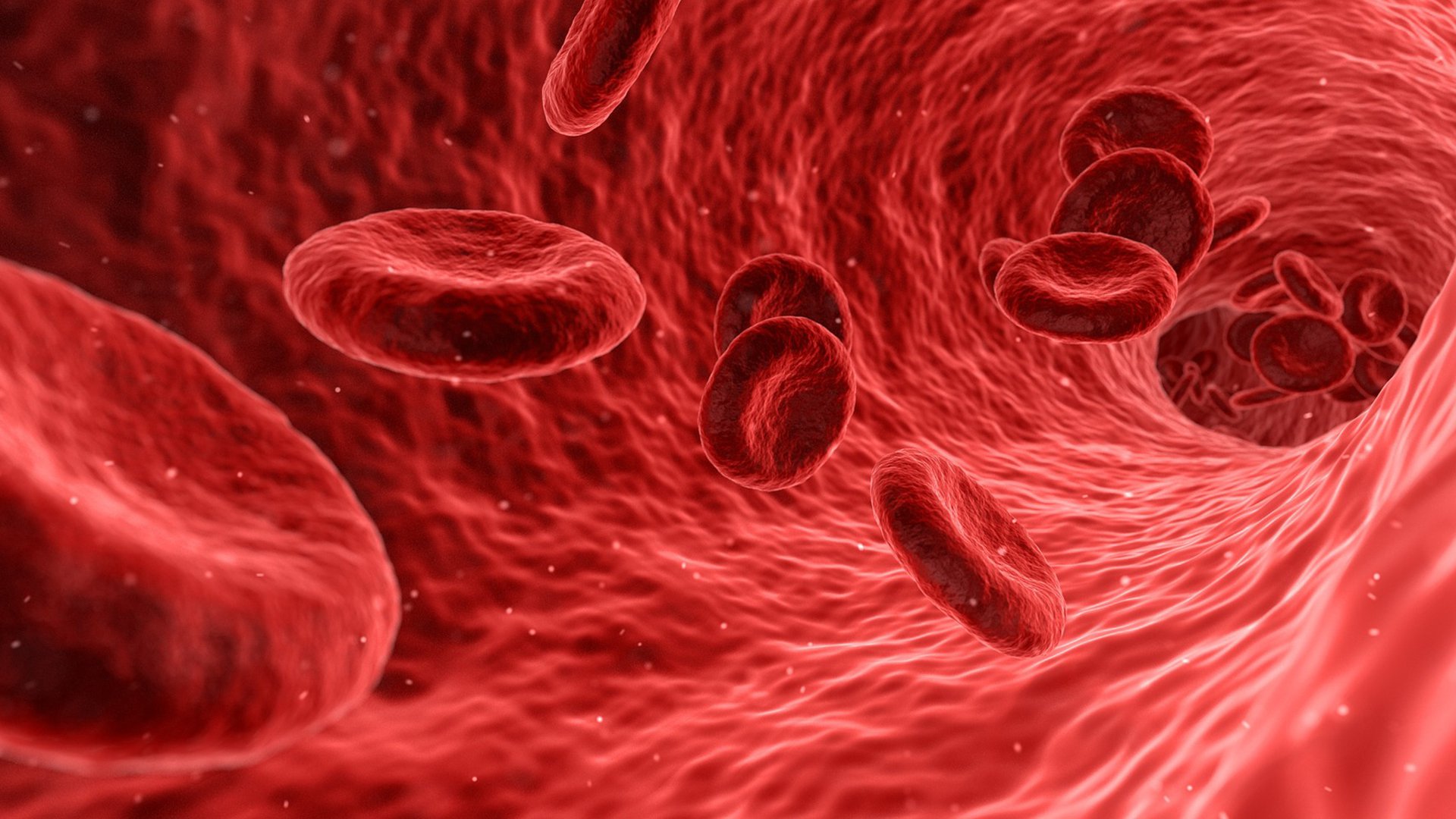Sugars
Around the world, people give blood over 112.5 million times a year. This donor blood consists of four groups: AB, A, B and O blood. They can be distinguished by the sugars on the surface of their red blood cells, also known as antigens. The antigens in the donor blood must match those of the recipient. For example, if someone with blood group B is given A blood, their immune system may attack the transfused blood. This issue is especially challenging in the case of blood group AB. AB contains both A and B antigens. As a result, it can only be donated to people with this specific blood group. O blood, on the other hand, does not contain any of these sugars: it is a universal donor suitable for all recipients. Although 40% of the population has this blood group, demand for O blood is consistently high due to its limited shelf life.
Harvesting antigens
Scientists have been trying to remove the antigens from red blood cells for years in an effort to convert A, B and AB blood into O. Researchers from the University of British Columbia managed to achieve a small breakthrough. They used bacterial enzymes from the human gut system to remove red blood cell antigens. The intestinal wall is covered in sugars, some of which resemble the A and B antigens in our blood. Many gut bacteria live off these sugars and have evolved to break them down efficiently. Crucially, these intestinal microbes harvest sugars by removing them from the intestinal wall. The researchers effectively emulate this process when 'wiping' the red blood cells clean.
Enzymes from your intestines
Our gut system contains trillions of bacteria from over 1,000 different types – each with their own specific function. The researchers applied a technique known as metagenomics in order to optimise the potential of bacterial intestinal enzymes. This process enabled them to read the DNA of all bacteria in each gut sample at once. Having isolated the bacteria's entire genetic make-up, the team broke down the DNA into small components and introduced it into E. coli. Using basic sugar molecules as a substitute for A and B antigens, the researchers tested some 20,000 different DNA fragments. Their aim was to find out which fragments were active against the A and B antigens. The team eventually found eleven enzymes with the potential to counter the A antigen, plus one that was potentially active against the B antigen. One enzyme far outperformed all others.
O negative
The newly discovered bacterial enzyme is easy to maintain and remains active under various temperature conditions or salinity levels. It only takes a small quantity of the enzyme to 'wipe' the blood clean of all antigens. The researchers are currently testing their enzymes on a larger scale. Eventually, they hope to see hospitals adopt this type of blood conversion technology as standard. The last remaining challenge lies in the Rhesus factor, the protein that determines whether your blood group is positive (with Rh protein) or negative (without Rh protein). This factor involves a protein rather than a sugar; as a result, entirely different enzymes will be needed to create the ultimate universal blood: O negative.
Source: ACS

